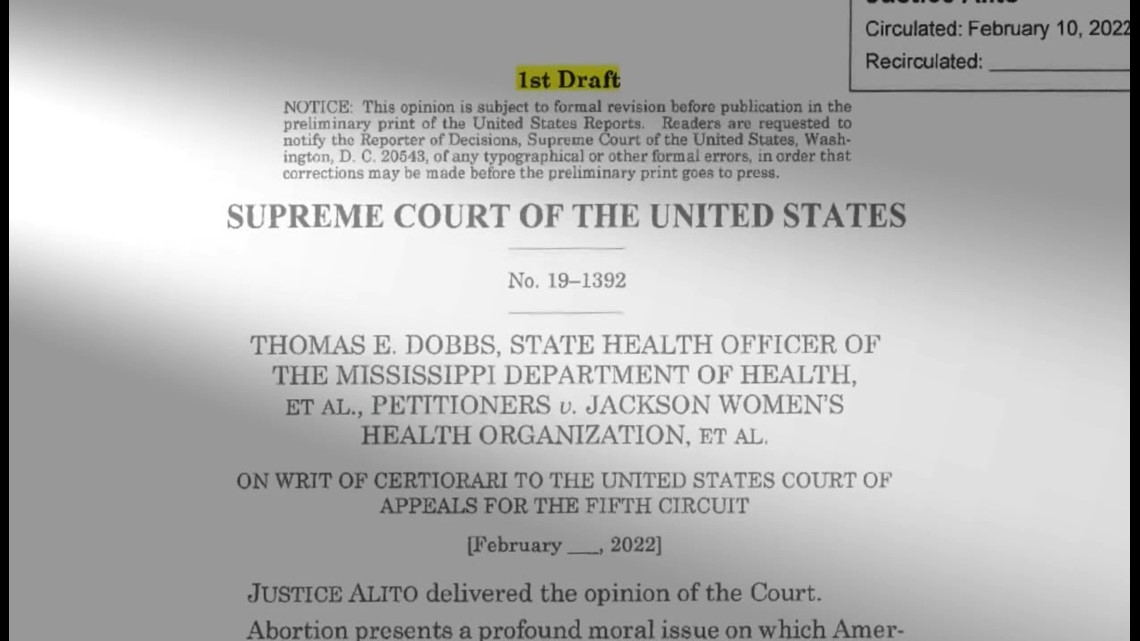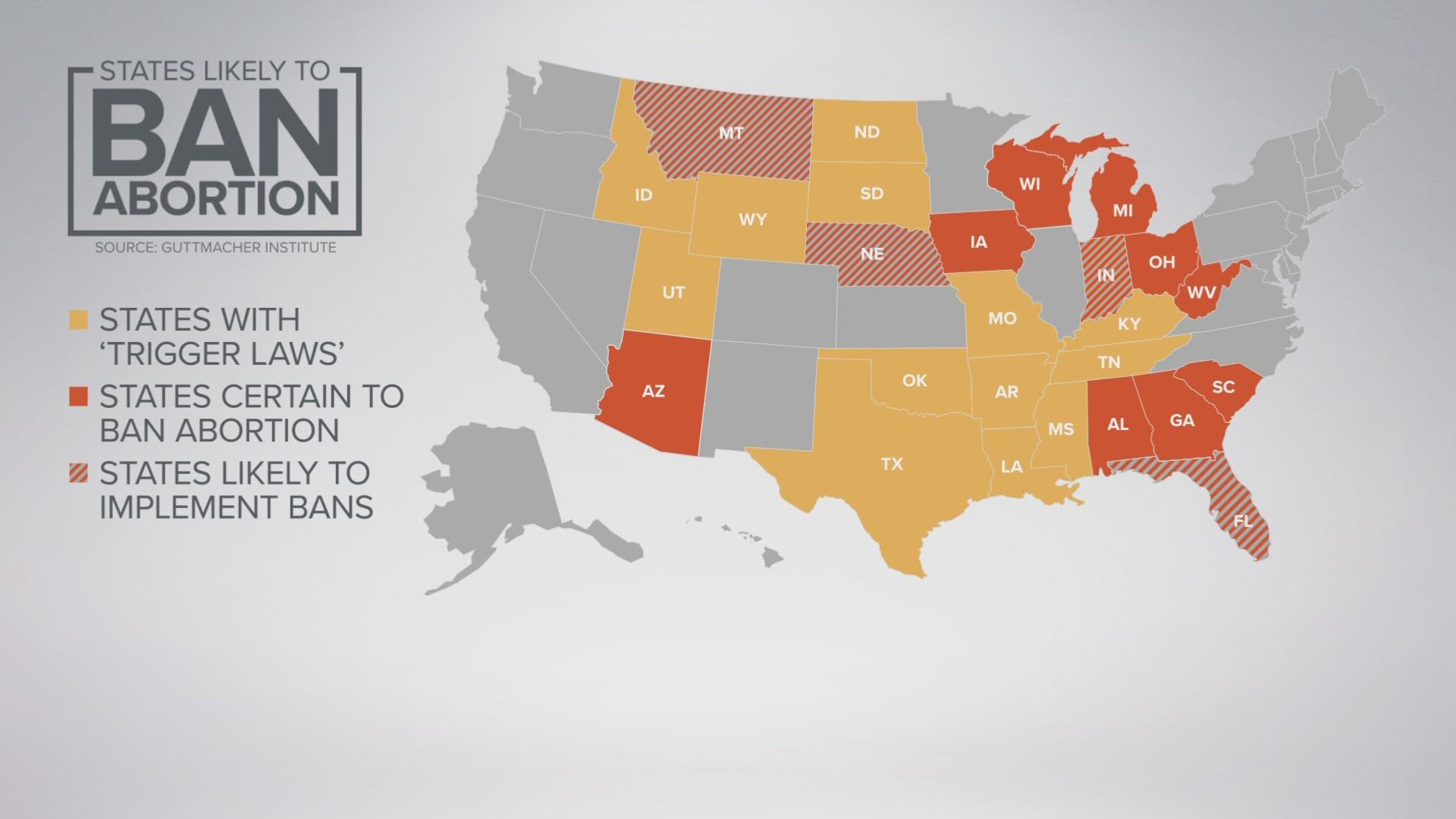JACKSON, Miss — Friday’s landmark Supreme Court decision to overturn Roe v Wade comes just four years after the state of Mississippi briefly implemented the “Gestational Age Act," authored by Mississippi State Representative, Becky Currie.
The law was established March 19, 2018, and would have prohibited abortions in Mississippi after the 15th week of pregnancy, but just hours after the then-Governor Phil Bryant (R-MS) signed the ban into law, the Center for Reproductive Rights filed Dobbs v. Jackson Women’s Health Organization in an effort to block the ban.
On March 20, 2018, less than 24 hours later, a federal district judge granted emergency relief blocking enforcement of the ban. In November 2018, the judge ruled in favor of Jackson Women’s Health Organization. The state “chose to pass a law it knew was unconstitutional to endorse a decades long campaign fueled by national interest groups to ask the supreme court to overturn Roe v. Wade,” U.S. District Judge, Carlton Reeves.
In April 2019, Governor Tate Reeves (R-MS) insisted Mississippi be a “safe” place for a fetus.
“It has been my goal and will continue to be my goal to make Mississippi the safest place in America for an unborn child,” Reeves said.
Then, in December 2019, the U.S. Court of Appeals for the Fifth Circuit affirmed the district courts’ decision to stop the abortion ban from taking place. In June 2020 the state of Mississippi filed a petition asking the Supreme Court of the United States to take a stance.
The Supreme Court of the United States announced in May 2021 it would hear the state’s appeal of the fifth circuit’s decision and heard the appeal later that year in December.
During the December hearing Supreme Court Justice Sotomayor fought strongly against the legislation.
“So when does the life of a woman and putting her at risk enter the calculus?,” Justice Sotomayor said. “Meaning, right now, forcing women who are poor – and that’s 75 percent of the population and much higher percentage of those women in Mississippi who elect abortions before viability – they are put at a tremendously greater risk of medical complications and ending their life.”
Flash forward to May 2022, POLITICO released that a first draft SCOTUS opinion from February 2022 had been leaked regarding the Supreme Court’s majority ruling to overturn the historic constitutionality of Roe v. Wade.


Mississippi leaders expressed their anger about the leak on Twitter.
The decision to overturn the law was made Friday morning, June 24, 2022 creating a historic precedent for states to have their own rulings on abortion.
Now, some states and taking their own initiative to implement anti-abortion laws sooner than the timeline initially set up as trigger laws in the event Roe v. Wade was overturned.

